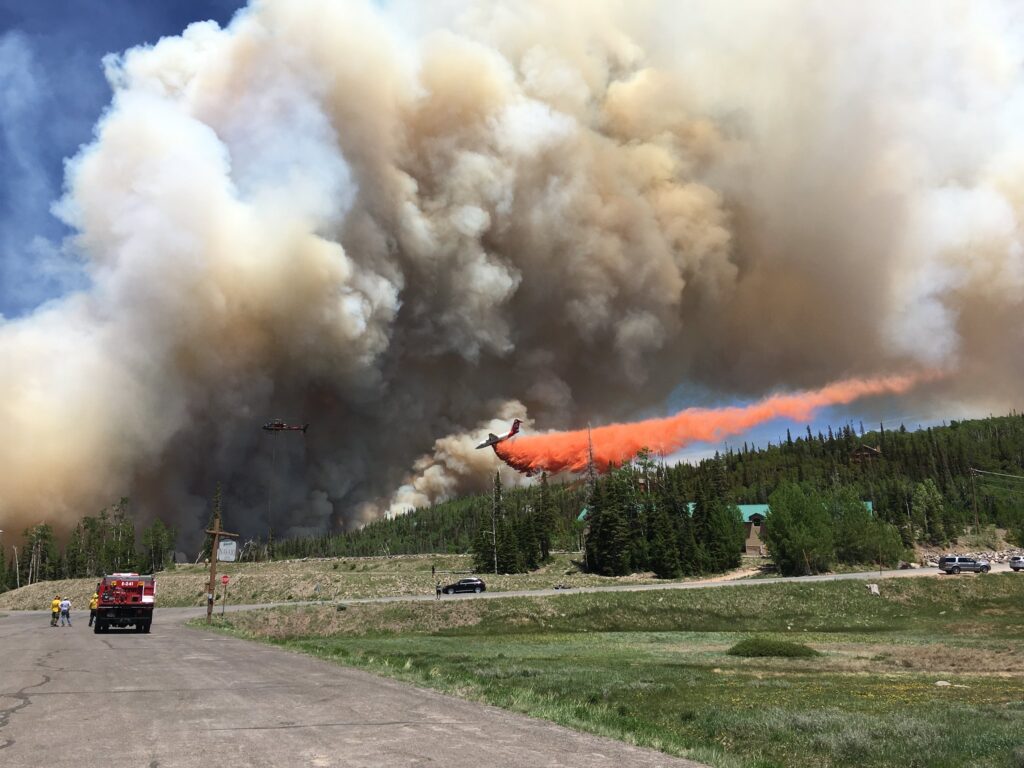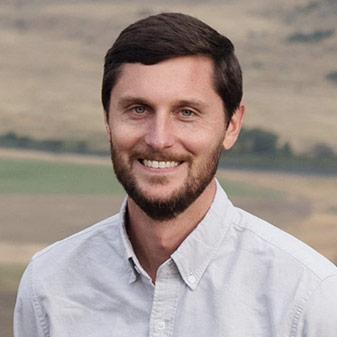As long as humans have had fire, they have tried to bend it to their will. Native Americans set small fires for centuries to clear underbrush from forests or open up pasturelands. Later, European settlers purposely burned perimeters around their settlements to protect them from unexpected wildfires. In the late 19th century, private timberland owners organized the first groups to fight wildfires, often structured as cooperatives. In the American West, members paid dues based on acreage owned, the proceeds of which were used to protect timber stands from flames. By the turn of the 20th century, more than a dozen states had programs devoted to fighting wildfires.
But the federal government soon became entrenched as both forest owner and wildfire fighter. In 1905, President Theodore Roosevelt led the charge to establish the U.S. Forest Service, a quintessential Progressive Era agency that oozed with faith in centralized management. During his two terms, Roosevelt used presidential power previously granted by Congress to drastically increase the size of federal forests, setting aside tens of millions of acres. A large and lethal fire season in 1910 brought political salience to the destructive potential of wildfires, and the government stepped in. An agency publication summed up its stance at the time: “Protecting the Nation’s wildlands from fire was one of the new agency’s greatest responsibilities since, in the words of the new Forest Service, only the Federal Government can ‘give the help so urgently needed.'”
More than a century later, wildfires remain an urgent problem, and the feds’ help simply isn’t doing the job. Wildfires are getting bigger and more devastating, and muddled incentives are making a bad situation worse. The root of the problem is the idea that the federal government will show up virtually anywhere, anytime, to try to put out wildfires, regardless of the cost or effort required. Federal spending on wildfires has doubled in real terms over the past decade and grown fivefold since the late 1990s. Wildfire-related costs have consumed the majority of the Forest Service’s budget for years, prompting the common quip that the agency should be renamed the “Fire Service.” The implied federal guarantee of firefighting-no-matter-what signals to residents that it’s perfectly fine to build and live in fire-prone areas. Yet nudging more people to live in high-risk places has increased the potential for catastrophe.




